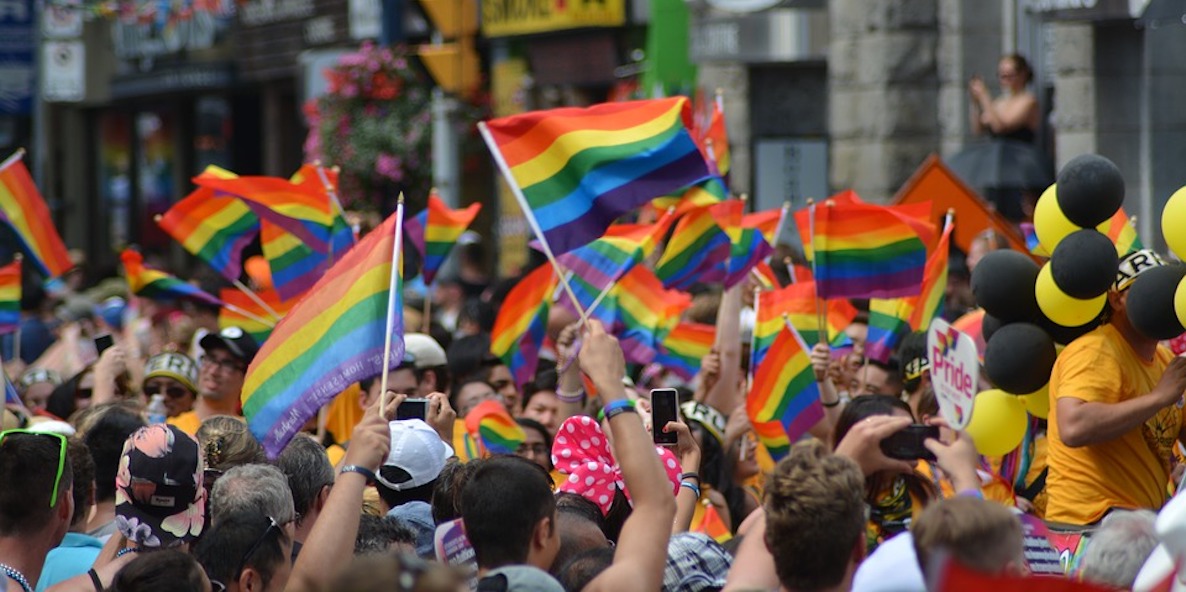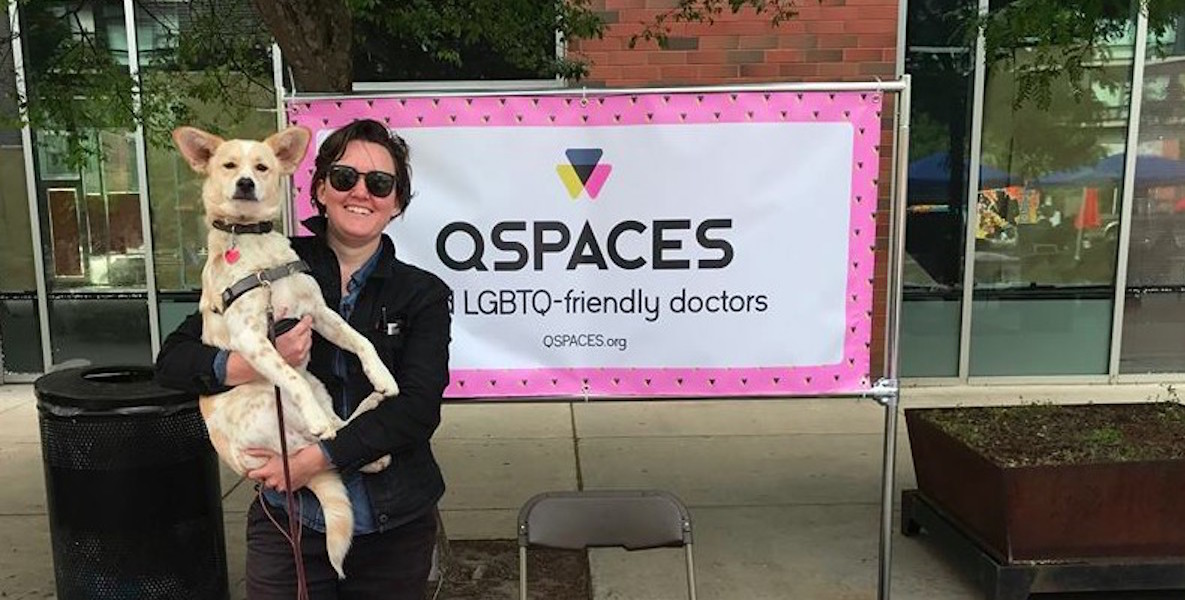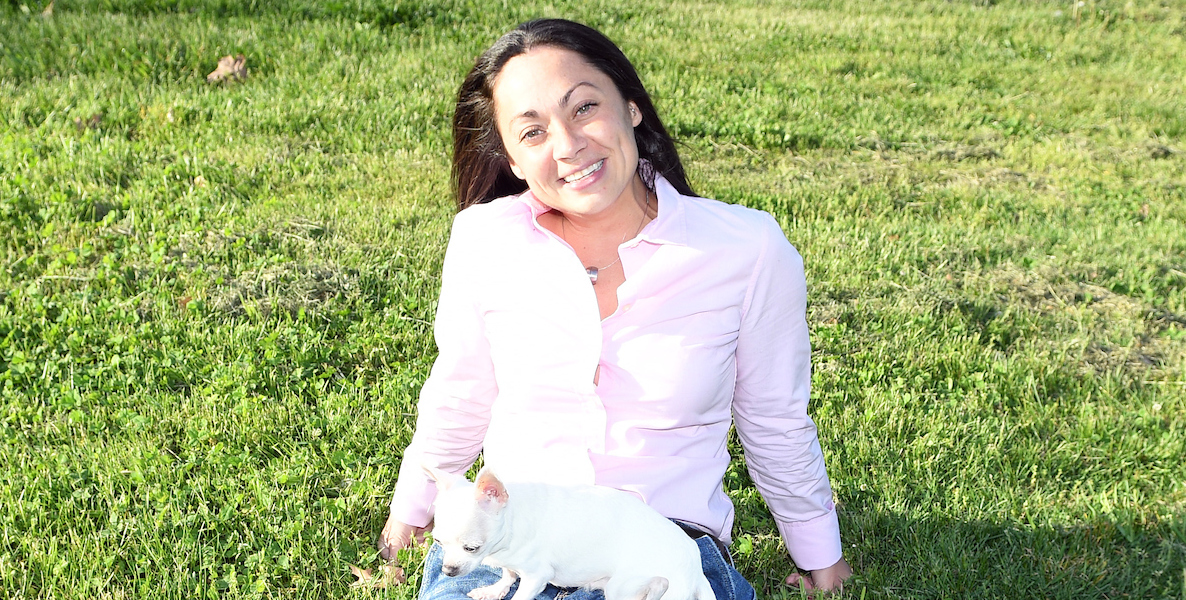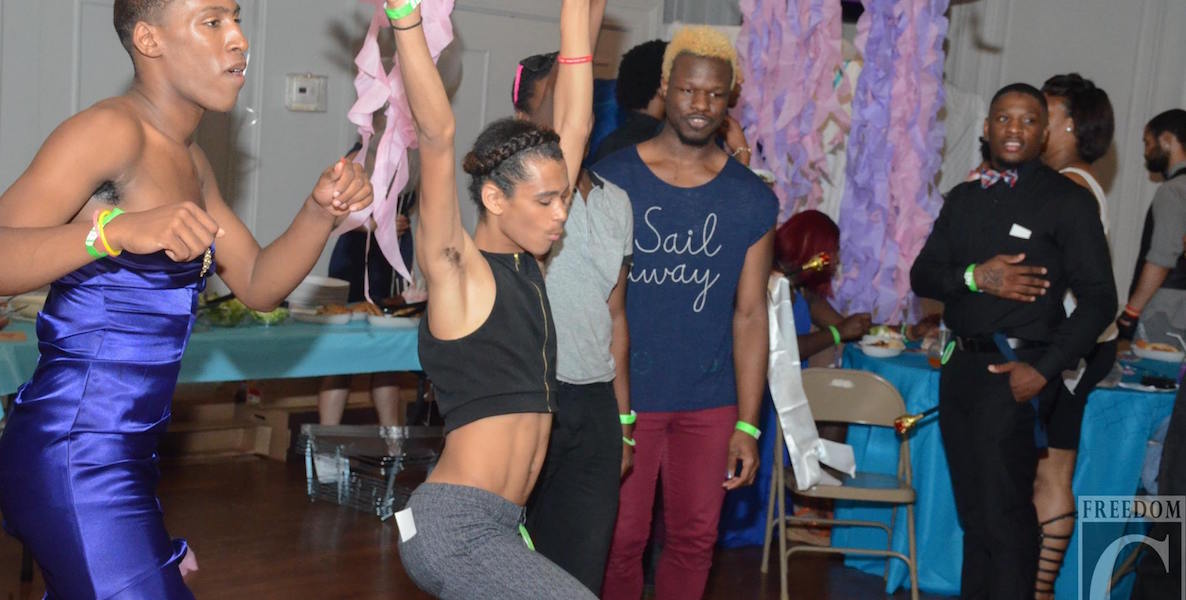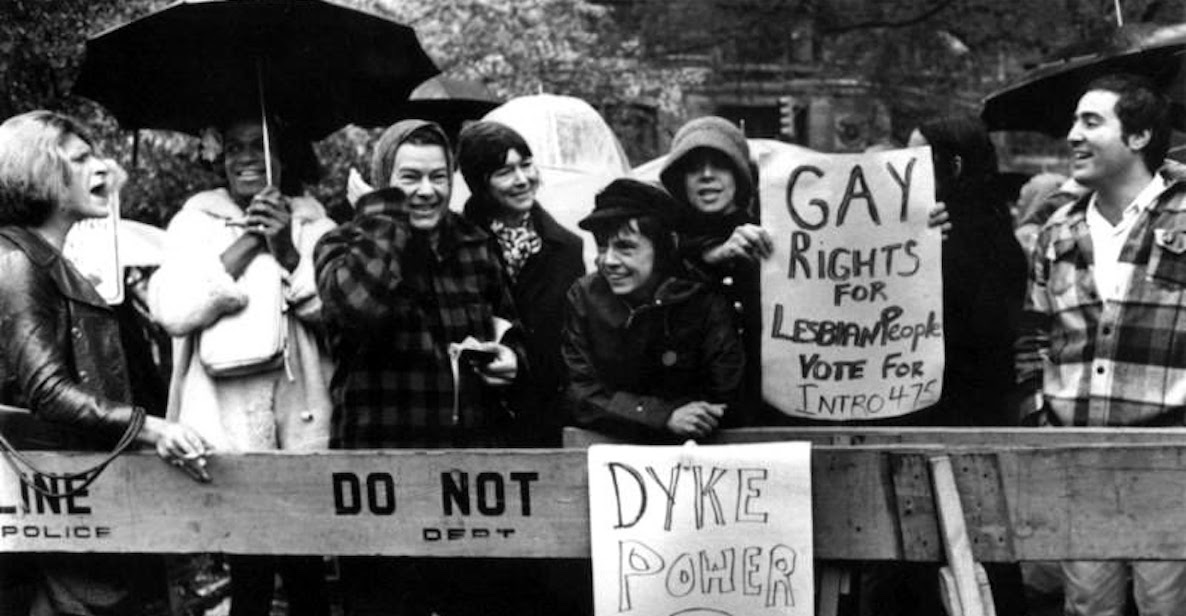On Thursday, June 20, the Free Library of Philadelphia will hold a discussion and presentation about the newly published anthology, The Stonewall Reader, and the early years in the fight for LGBTQ rights.
The Stonewall Reader documents the work of LGBTQ activists before and after the historic Stonewall uprising; it is a collection of first-hand accounts, diary entries, and articles from periodicals and LGBTQ magazines of the era. All but one of the writings in The Stonewall Reader are part of the New York Public Library’s LGBTQ archives.
![]()
Jason Baumann, coordinator of humanities and LGBTQ collections at the New York Public Library, compiled and edited the tome. He intended for its release to coincide with an NYPL exhibit he curated called Love & Resistance: Stonewall 50, which honors the 50th anniversary of this moment in history. At Thursday’s event in Philly, he’ll be joined by Mark Segal, Karla Jay, and Joel Hall, whose work is featured in the anthology.
“We envisioned the anthology as a companion to the exhibition, allowing people to read first-hand accounts of the Stonewall uprising and to be able to make up their minds for themselves about what happened and why it was so important,” says Baumann.
The Stonewall Reader is split into three sections: “Before Stonewall,” “During Stonewall” and “After Stonewall.” Mark Segal is featured in the “During Stonewall” section and Joel Hall and Karla Jay are a part of the “After Stonewall” section.
“We envisioned the anthology as a companion to the exhibition, allowing people to read first-hand accounts of the Stonewall uprising and to be able to make up their minds for themselves about what happened and why it was so important,” says Baumann.
Segal, founder of the Philadelphia Gay News, contributed a passage from his memoir, And Then I Danced. The excerpt describes his time as an inaugural member of the Action Group, an LGBTQ activist group formed in New York City in 1969, and what he saw during the Stonewall uprising. He describes the uprising as a unifying moment for the LGBTQ movement that brought together various groups who had previously not been united.
Jay, professor emerita at Pace University, has an excerpt from her memoir, Tales of the Lavender Menace. It describes her role in The Lavender Menace protest group, which pushed back against homophobia in the National Organization for Women. During the Second Congress to Unite Women in Manhattan on May 1, 1970, the group stormed the stage and made its voices heard. The Lavender Menace, which later became the Radicalesbians, was the first post-Stonewall group to focus on lesbian issues.
Hall, a choreographer, dancer and former member of the Third World Gay Revolution movement, has an essay called “Growing Up Black and Gay” in the anthology. It describes his time in the Sheridan Correctional Center, where he was sent, as a young teenager, for being gay. Hall fought back against the inhumane treatment, and considers himself a revolutionary.
![]()
Baumann chose to center the anthology around the Stonewall uprising because it was so crucial to the LGBTQ movement. As Segal wrote in And Then I Danced, “All of us at Stonewall had one thing in common: the oppression of growing up in a world which demanded our silence about who we were and insisted that we accept the punishment that society levied for our choices.”
Jay maintains that calling the uprising “the Stonewall riots” is inaccurate. “[Using the word] riot implies more violence than occured. Stonewall was more of an act of resistance than riots. It was refusing to be pushed around,” she says. During bar raids prior to and during the Stonewall uprising, police officers attacked LGBTQ people and upheld extremely restrictive rules that many people today could not imagine. “People were not allowed to wear less than three pieces of gendered clothing. Unisex clothing did not exist at the time,” Jay explains.
![]()
Reflecting on the importance of an anthology featuring LGBTQ activists’ own words, Hall says, “We need a sense of our story as opposed to history. History refers to him, but gaystory refers to gay. History is written mostly by men. Nobody is telling our own story. Instead, writing focuses on who they are as straight and how they relate to gay people.” The Stonewall Reader is changing that by giving LGBT activists the space to speak for themselves.
Baumann hopes that the audience at The Stonewall Reader event will understand that the activism of the 1960s and 1970s is not a thing of the past; there is still so much to be done. Young people today can do their part to make more progress. “My biggest goal with the anthology and exhibition is to inspire people to be politically active today,” Baumann says. “LGBTQ history is not widely taught in schools, and so many young people may not realize that there was an LGBTQ civil rights and liberation movement. It’s critically important that LGBTQ youth know that generations before them made a difference, and that they too can make a difference today.”
Thursday, June 20, 7:30 pm, Free, Parkway Central Library, 1901 Vine Street. Copies of The Stonewall Reader will be available for purchase and signing after the event.
Photo via Diana Davies, Demonstration at City Hall, New York City, in support of gay rights bill


